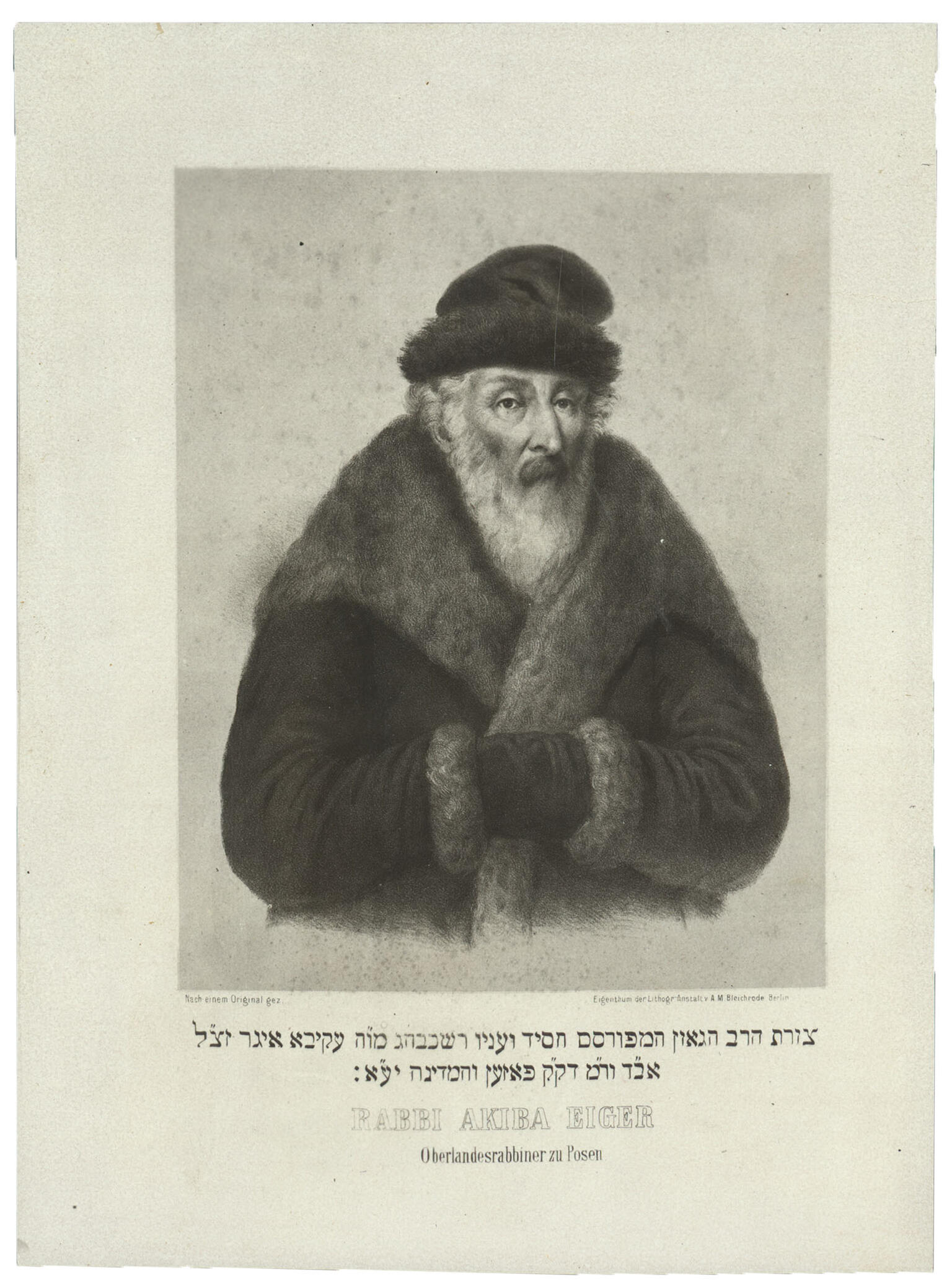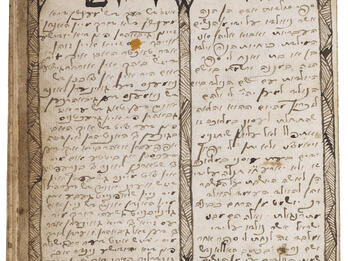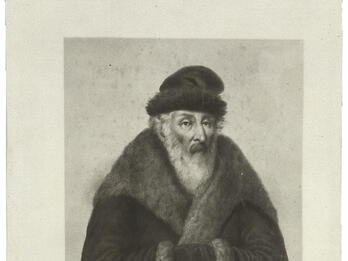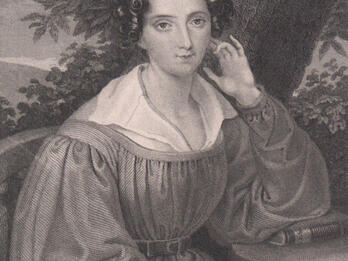Statement of Mourning
Do you deem me to be hard and evil-hearted in that I should hasten to do a match during my period of mourning? Am I to forget the love of the wife of my youth, my pure dove, whom God graciously gave to His servant? [ . . . ] She was my helpmeet enabling me to acquire the little bit of divine Torah within me. [ . . . ] It was she who preserved my person, by taking care of my enfeebled and miserable body; she it was who sheltered me from the worries of earning a livelihood, so that I would not cease serving the Almighty, as I can only now perceive and appreciate, on account of my many sins. [ . . . ] What mortal being is more aware of her abundant righteousness and her modesty than I? On numerous occasions I engaged in dialogues with her on matters of spirituality through half the night [ . . . ]. I shall not yet focus my mind and set my heart upon contemplation of a marriage partner, whether it be a single girl or someone else; and whether I bow my head like a bulrush to function as a rabbinic leader, or whether to seek a path to find repose, to remove the yoke of the rabbinate and live as an ordinary person, for it is well-known to you that I have despised rabbinic leadership greatly. You, O Lord, know all this; quite apart from the constant fear of issuing halakhic guidance by someone as deficient in knowledge as myself, it is always like having gehenna lying open beneath me, and the necessity of presenting public lectures on dialectic, which, on occasion, create an unavoidable joy in my heart. Further, the question of earning my livelihood is difficult for me—to impose a burden upon the community for doing nothing, no physical labor, and to take money from individuals, some of whom may be giving it involuntarily, out of embarrassment. I assure you, the major focus of my prayers during the Holy Days concerns removing me—prisoner that I am—from confinement. [ . . . ] My righteous marriage partner—may her soul rest in Paradise—agreed with me on this matter, and it was agreed between us that if the Almighty were to grant us the merit of rearing our children and marrying them off, we should then live tranquilly, contenting ourselves with dry bread and a little water, and so serve the Almighty. [ . . . ] For my part, I would choose to be a sexton in a synagogue or a night-watchman, so as to earn my livelihood from the labor of my hands, and to study [Torah] for the most of the day.
Credits
Akiva Eger, “Statement of Mourning (Hebrew)” (Manuscript, 1796, Märkisch Friedland, Kingdom of Prussia). Published in: Shelomoh Sofer and Akiva ben Moses Guens Eger, Ḥuṭ ha-meshulash he-ḥadash (Jerusalem: Mekhon Daʻat sofe, 2000), 329-330.
Published in: The Posen Library of Jewish Culture and Civilization, vol. 6.







